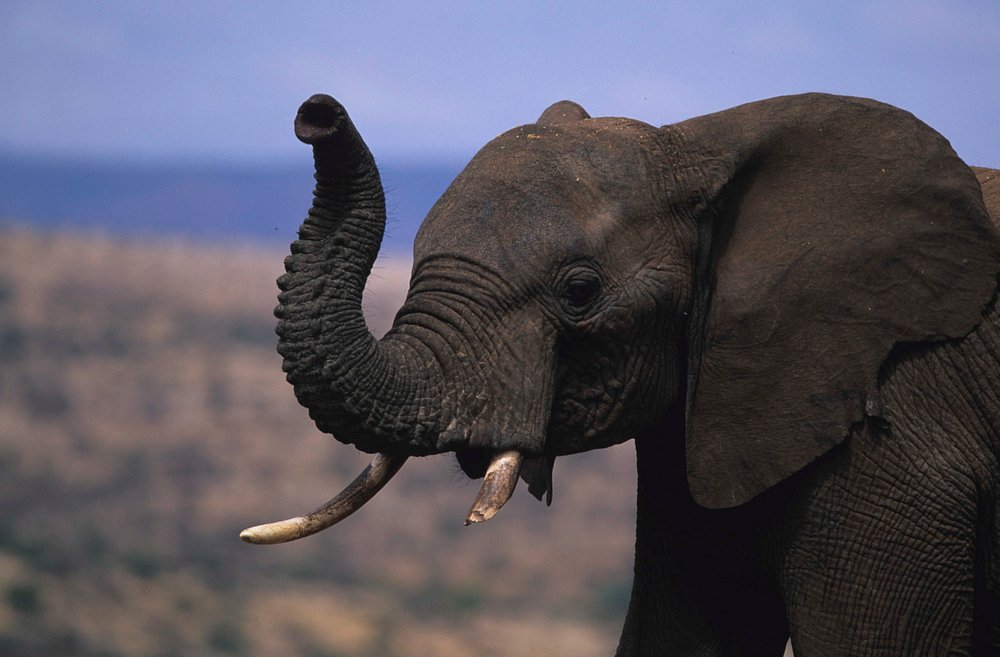My First Step Into the Wild Heart of Africa
I still remember the feeling when I landed in Nairobi for my first African safari. I had dreamed of seeing elephants under Mt. Kilimanjaro in Amboseli, the Big Cats of the Masai Mara, and the endless plains of the Serengeti in Tanzania.
That trip changed me. I saw wildlife up close, met incredible people, and learned that East Africa safaris are more than just game drives — they’re life-changing experiences.
If this is your first time planning an African safari, you might be wondering: Where should I go — Kenya, Tanzania, or both? I’ve been there, and I’ll guide you through exactly what to expect, how to prepare, and why booking with Annest Kenya Safaris makes all the difference.
What to Expect on Your First East Africa Safari
1. The Wildlife Drama of Kenya and Tanzania
On my very first game drive in the Masai Mara, I saw lions feasting on a wildebeest, a cheetah stalking silently, and elephants bathing in a muddy waterhole.
When I crossed into Tanzania’s Serengeti, the wildlife density stunned me — wildebeest as far as the eye could see during the Great Migration.
First-timer tip: Combine Kenya safaris with Tanzania safaris for the full East African experience.
2. Game Drives in Iconic National Parks
- Masai Mara, Kenya – Best for big cats and the Great Migration
- Amboseli National Park, Kenya – Stunning elephant herds with Mt. Kilimanjaro backdrop
- Serengeti National Park, Tanzania – The migration capital of the world
- Ngorongoro Crater, Tanzania – Incredible wildlife in a natural volcanic bowl
First-time safari tip: If time allows, book a Kenya–Tanzania safari package to experience both countries.
3. The Cultural Connection
I will never forget my first visit to a Maasai village in Kenya, followed by meeting the Hadza tribe in Tanzania. These moments gave me a deeper appreciation for East Africa beyond the wildlife.
Learn more: Visit a Maasai Village
How to Prepare for Your First African Safari
1. Packing Essentials
Your bag should include:
- Light, neutral-colored clothes for game drives
- A warm jacket for early mornings
- Comfortable walking shoes
- Binoculars & a good camera
- Sunscreen and insect repellent
Full list here: What to Pack for an African Safari
2. Choosing Your Safari Route
For first-timers, I often recommend:
- 7–10 Day Kenya Safari – Masai Mara, Amboseli, Lake Naivasha
- 7–10 Day Tanzania Safari – Serengeti, Ngorongoro, Tarangire
- 10–14 Day Kenya–Tanzania Safari – A combination of both for the ultimate wildlife experience
Explore our itineraries:
Setting Realistic Expectations
Some days you’ll see the Big Five before lunch. Other days, the thrill is in the chase. A good guide makes all the difference — and with Annest Kenya Safaris, you get guides who know the land like their own backyard.
Why First-Timers Choose Annest Kenya Safaris
When I went on my first safari, I wanted more than just a checklist — I wanted an experience. That’s exactly what we give our guests:
- Personalized itineraries tailored to first-time travelers
- Local expert guides in both Kenya & Tanzania
- Seamless cross-border safari arrangements for Kenya–Tanzania trips
- Flexible packages from budget to luxury lodges
Call-to-Action
Your African safari story starts here. Whether it’s your first trip or your fifth, I’ll make sure it’s unforgettable.
Plan Your First East Africa Safari Now: Contact Annest Kenya Safaris
FAQs for First-Time East Africa Safari Travelers
If possible, do both. Each offers unique landscapes and wildlife experiences.
At least 7–10 days, especially if you want to combine Kenya and Tanzania.
June–October for the Great Migration, or January–March for excellent game viewing and fewer tourists.
Yes — we handle all logistics, making border crossings smooth and safe.


